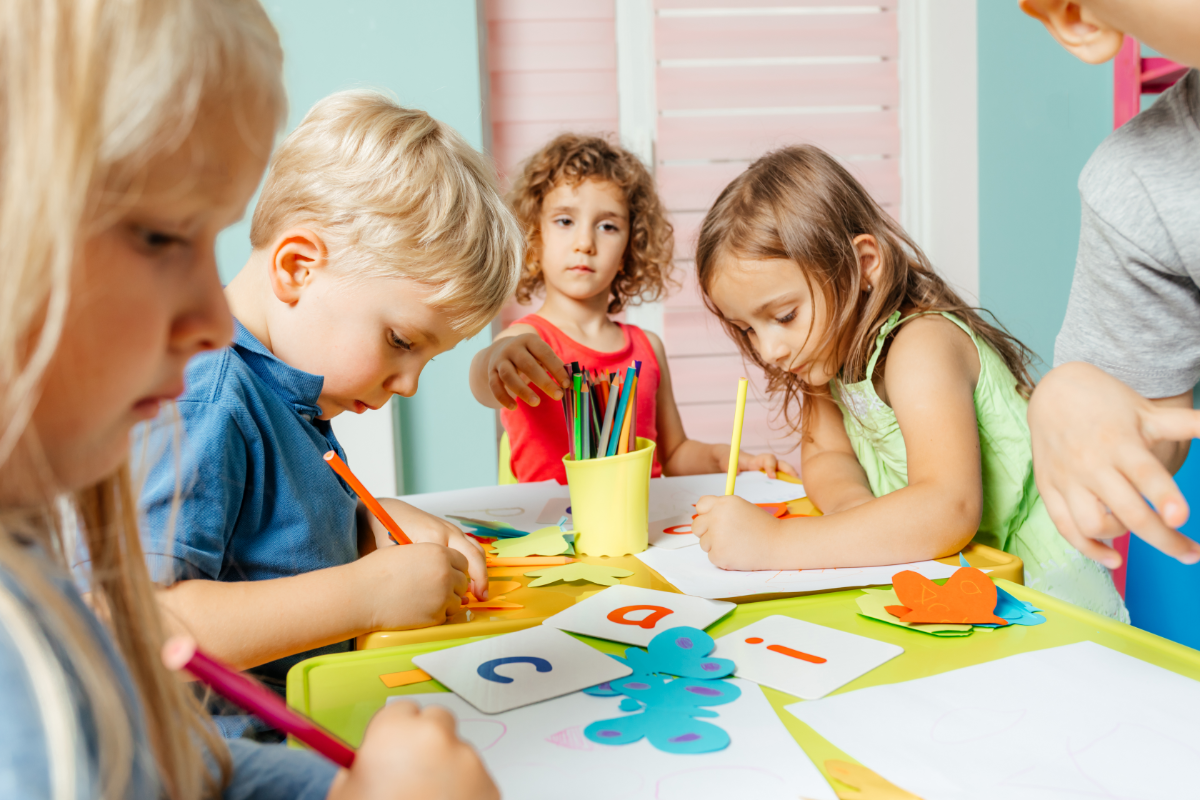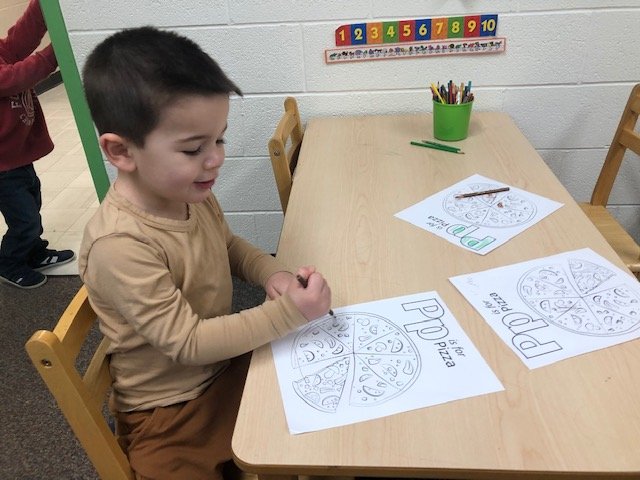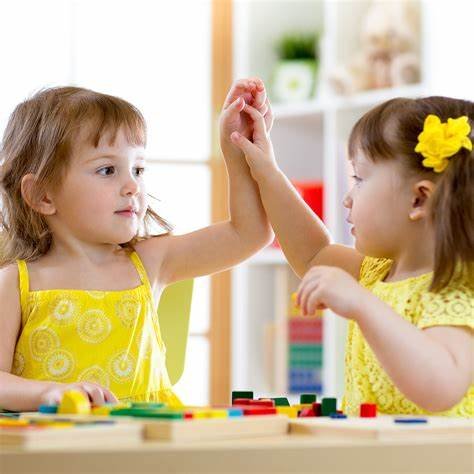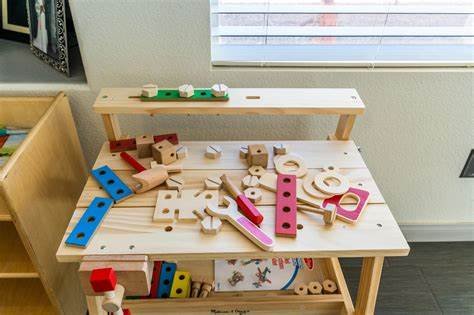Building a Strong Foundation
Early childhood education lays the groundwork for lifelong learning and success. It nurtures essential cognitive and social skills during formative years. Children exposed to structured learning environments develop better focus, creativity, and problem-solving abilities. Moreover, these experiences promote independence and self-confidence, which are crucial for future achievements.
Enhancing Social Skills
Interacting with peers and educators in early education settings fosters essential social skills. Children learn to communicate effectively, collaborate, and resolve conflicts. Furthermore, they understand the importance of sharing, taking turns, and respecting others’ boundaries. Such skills form the backbone of healthy relationships and teamwork in later life.
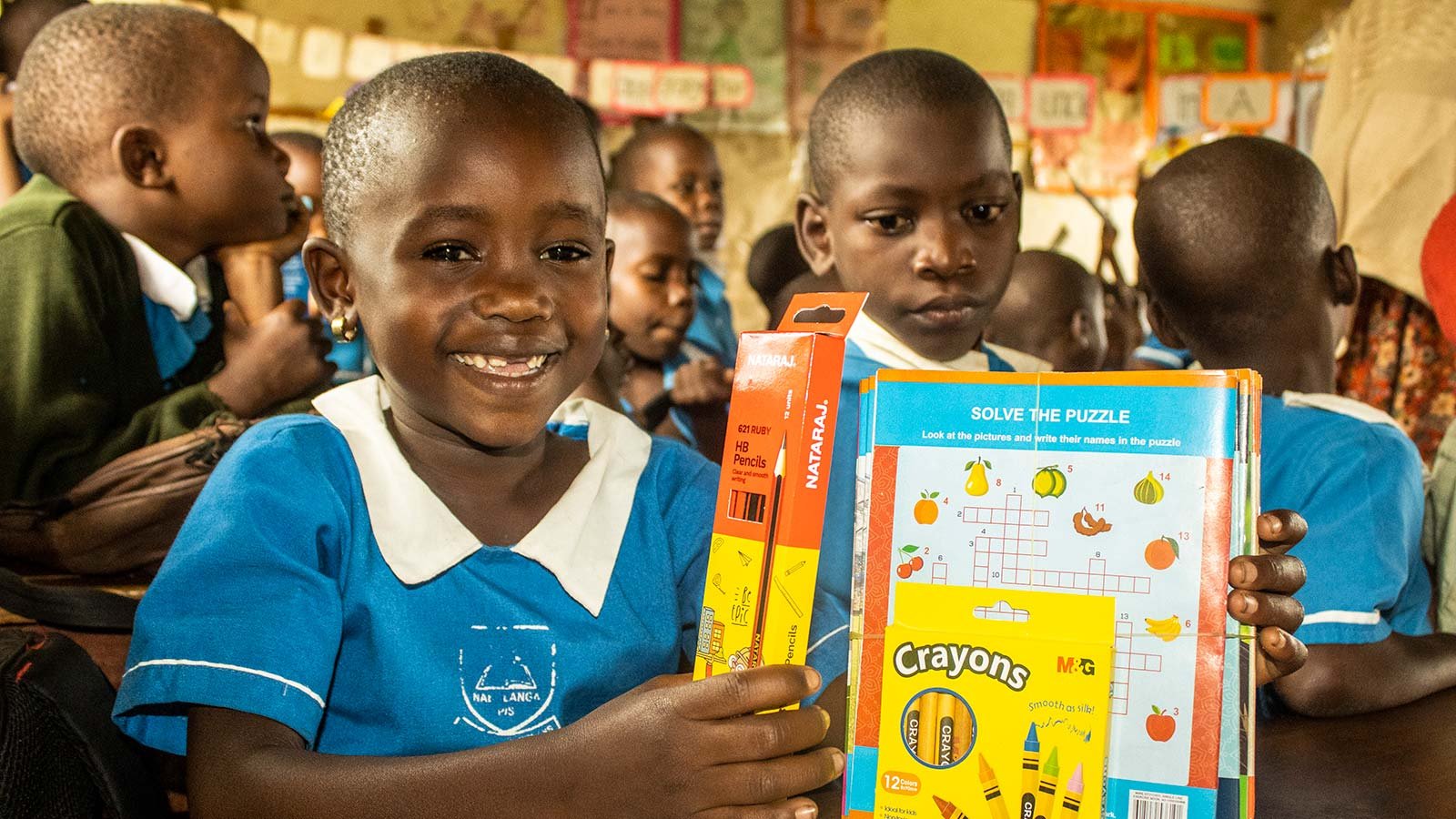
Encouraging Emotional Development
Early education supports emotional well-being by teaching children to identify and express feelings. Educators help children manage emotions and build resilience. Additionally, exposure to diverse perspectives fosters empathy and understanding. Thus, children become emotionally intelligent individuals capable of handling challenges gracefully.
Stimulating Cognitive Growth
Structured activities and play-based learning enhance cognitive abilities in young children. Engaging in problem-solving tasks improves critical thinking and memory. Moreover, activities like storytelling and puzzles boost language development and logical reasoning. This cognitive stimulation prepares children for academic success in higher grades.
Instilling a Love for Learning
A well-structured early education program cultivates curiosity and enthusiasm for learning. Children exposed to diverse subjects develop a keen interest in exploring new ideas. Furthermore, playful and interactive teaching methods make learning enjoyable. Hence, early education instills a lifelong love for knowledge and discovery.
Bridging Learning Gaps
Early education identifies and addresses learning challenges at a young age. Educators tailor activities to meet individual needs, ensuring no child is left behind. Additionally, intervention strategies support children with developmental delays, enabling them to thrive. Thus, early education reduces disparities and promotes equality in learning opportunities.
Preparing for Academic Success
Children who attend early education programs often transition smoothly into formal schooling. Exposure to classroom routines helps them adapt to structured environments. Moreover, they develop foundational literacy and numeracy skills, boosting confidence in academic settings. Therefore, early education sets the stage for a successful educational journey.
Supporting Physical Development
Activities in early education promote motor skills and physical health. Outdoor play and hands-on activities improve coordination and strength. Furthermore, such experiences encourage healthy habits, such as regular exercise and nutritious eating. Thus, children develop a strong foundation for overall well-being.
Fostering Independence
Early education encourages children to make decisions and solve problems independently. Educators provide a safe space for exploring new ideas and taking risks. Moreover, these experiences build self-reliance and adaptability. Hence, children become confident individuals ready to navigate life’s challenges.
Strengthening Parent-Child Relationships
Early education benefits extend beyond the classroom, positively impacting parent-child bonds. Programs often involve parents in activities, fostering collaboration and communication. Additionally, parents gain insights into their child’s strengths and areas for growth. Thus, early education strengthens family connections and shared goals.
Conclusion
Early childhood education offers invaluable benefits that shape a child’s future. From cognitive and emotional growth to social and physical development, it lays a strong foundation. Moreover, it fosters a love for learning, prepares children for academic success, and builds essential life skills. Investing in early education ensures a brighter future for children, families, and society.






